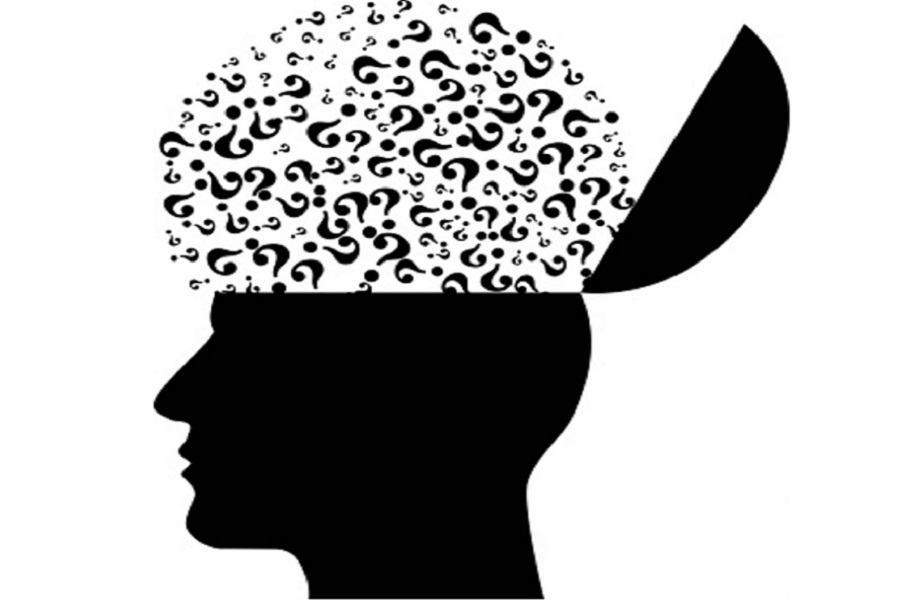
Follow us Now on Telegram ! Get daily 10 - 12 Interesting Updates. Join our Telegram Channel https://t.me/OhWomen
Download Telegram App before Joining the Channel
Researchers from the Indian Institute of Technology (IIT) Bombay have in a new study unravelled how disrupted brain activity impacts cognitive functions in Parkinson’s patients.
The study focussed on altered reward processing in Parkinson’s patients to decode why Parkinson’s patients lack motivation and have impaired decision-making.
Parkinson’s disease is a neurodegenerative disorder mainly causing shaky limbs, muscle stiffness, and slow movements. However, some Parkinson’s patients also manifest symptoms such as a lack of motivation or disability in experiencing pleasure, attributed to a lack of dopamine hormone.
Commonly known as the ‘feel-good’ hormone, dopamine is generally produced when performing a pleasurable task or receiving a reward.
Lack of dopamine in individuals with Parkinson’s leads to altered brain activity and impaired reward processing -- the brain's ability to recognise, value, and respond to rewarding stimuli.
To investigate reward processing in individuals with Parkinson’s, the team used brain signals.
The results showed that reward positivity, was weaker in Parkinson’s patients, indicating that their brains do not process rewards effectively. Reward positivity is essential for cognitive processes like attention, learning, and emotional responses.
Further, dopamine medication failed to restore the reward positivity.
“Normally, the brain releases dopamine as short bursts following a reward, but in Parkinson’s, these bursts are weaker. Although dopamine medication replenishes the dopamine levels in the brain, it does not produce burst-like signals that mimic the natural process. This could be the reason why dopamine is able to improve motor symptoms but not cognitive functions like reward processing,” said Prof. Nivethida Thirugnanasambandam, from the Human Motor Neurophysiology and Neuromodulation Lab, Department of Biosciences and Bioengineering, who led the study.
“Hence, adjunct treatment strategies may be required to restore cognitive impairments in Parkinson’s,” she added.
The team analysed electroencephalography (EEG) data recorded from 28 Parkinson’s patients and 28 healthy individuals while they performed a reward-based learning task.
EEG was recorded from Parkinson’s patients both before and after taking dopamine medication (ON condition). Comparing these conditions allowed researchers to understand the influence of dopamine medication on reward processing.Further, the analysis indicates that Parkinson’s patients have weaker theta-gamma synchronisation, resulting in poor communication between brain regions that process reward information and use it for learning goal-directed behaviour. This could be the reason behind the lack of motivation and impaired decision-making in Parkinson’s patients, the researchers explained.
Theta-gamma coupling or synchronisation is crucial for cognitive functions such as reward processing and goal-oriented behaviour.
Dopamine medication was able to partially restore theta-gamma synchronisation. This finding highlights theta-gamma coupling as a potential biomarker to identify the impairment of reward mechanisms in Parkinson’s patients, the researchers said.
Source : IANS